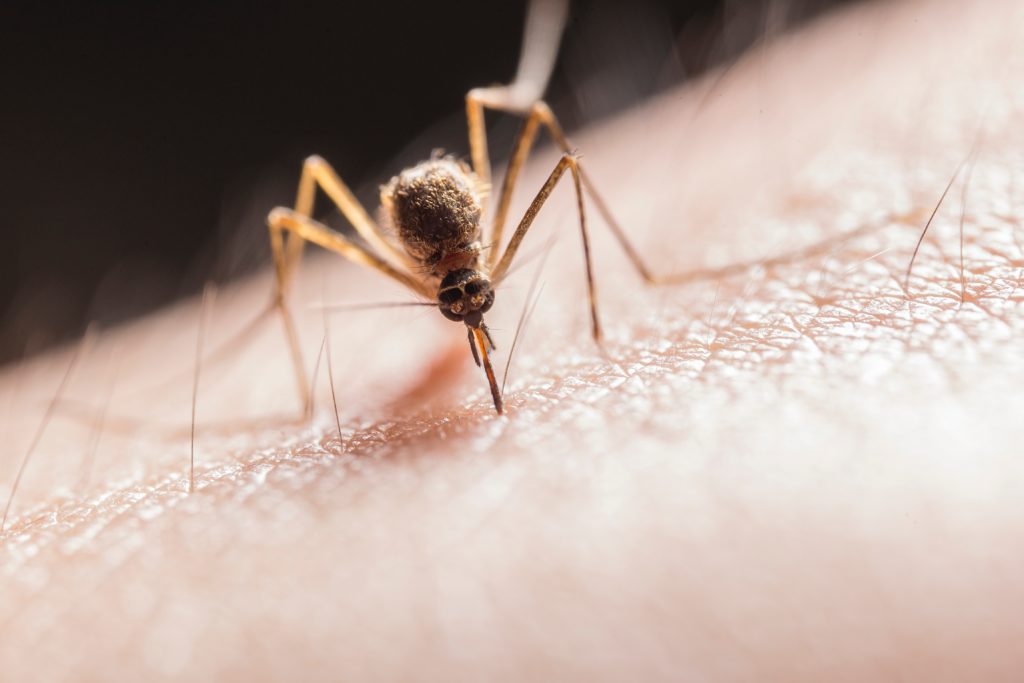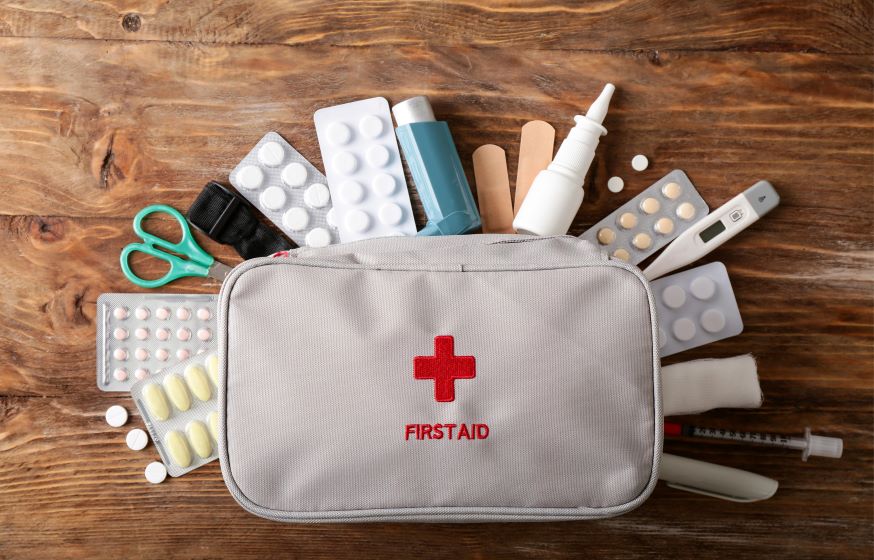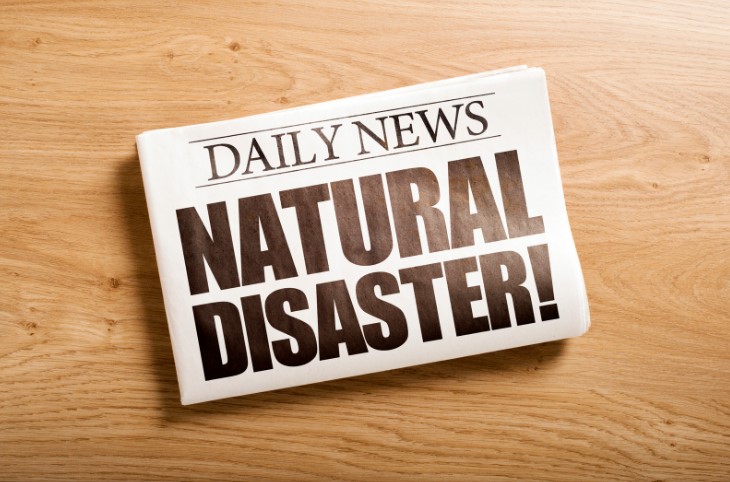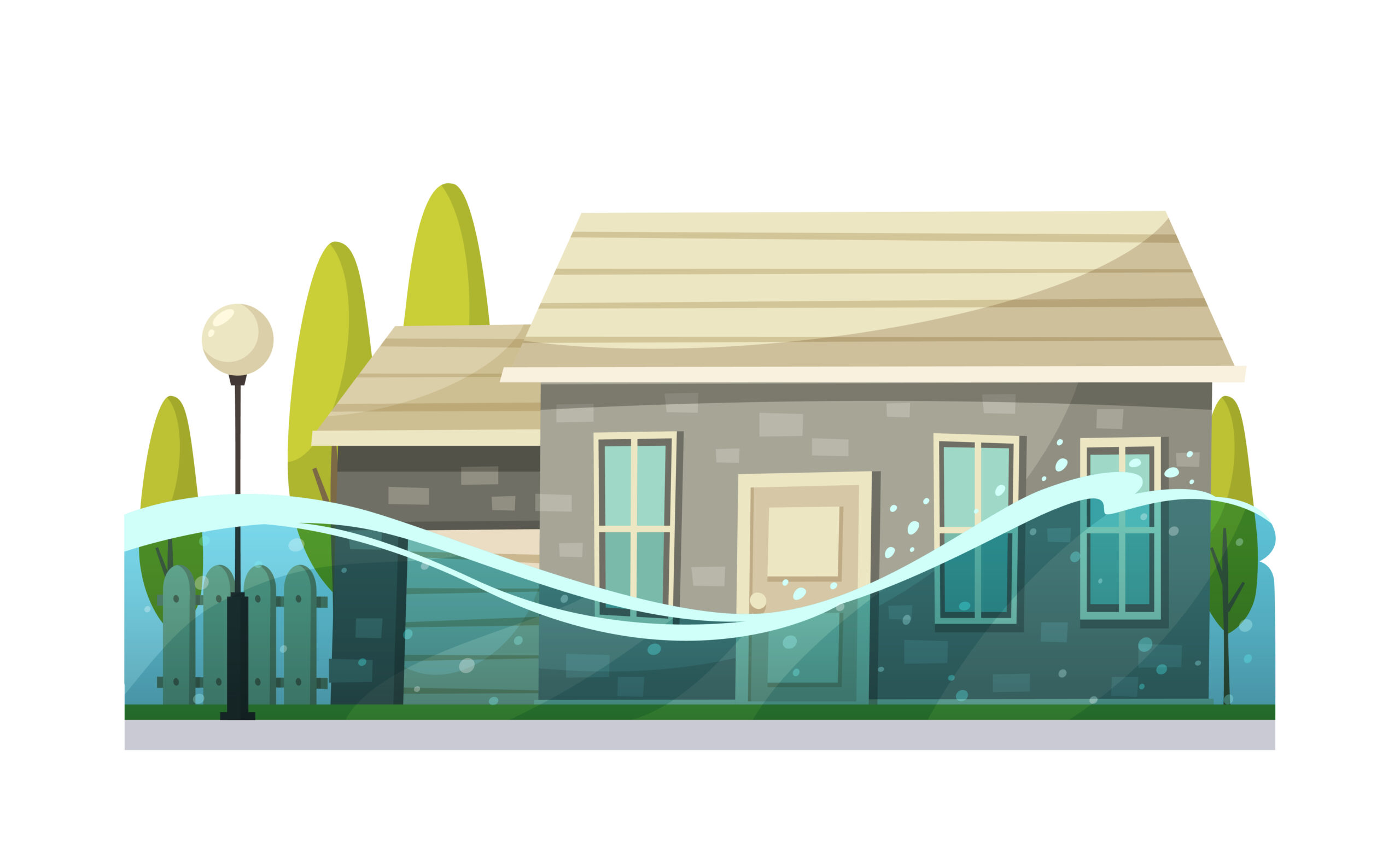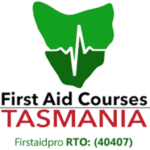Insect bites and stings are a common occurrence and usually cause small bumps and minor irritation. However, some bites and stings can be extremely painful and can trigger a serious allergic reaction.
In Australia, insects that bite include midges, bugs, mosquitoes, fleas, and ants. Although not strictly classified as insects, spiders, mites, and ticks (arachnids) are rampant in some states. While insects that sting include honeybees, European wasps, and hornets.
In general, an insect bite feeds by sucking and making a hole in your skin. Research shows that most insects sting as a form of defence by injecting venom into your skin.
Symptoms of Insect Bites and Stings
Following a bite or sting, you may experience the following signs and symptoms:
- Pain (mild, moderate to severe)
- Swelling on the bite or sting area
- Discolouration of the affected area
- Altered sensation (numbness, feeling ‘pins’ and needles’ pain)
- Nausea or vomiting
- Headache, dizziness
- Blurred or double vision
- Muscle weakness or paralysis of the affected area
- Narrowing of the airway resulting in breathing difficulty
First Aid and Prevention
We all experience a bite or stings at some point in our lives, especially during the hot and humid weather. To help you manage symptoms, here are some first aid tips and preventative measures to protect yourself from these little creatures.
First Aid for Insect Bites and Stings
-
Remove the sting
If you can see the stinger, brush or scrape it off in sideward motion. Use something firm like a credit card or a plastic ruler. Do not try to use tweezers or scissors to pull it out. Doing so can put you at risk, as you can accidentally squeeze the poison into your skin.
-
Raise the affected area
Elevate the bite and sting area and apply ice against the injury to help reduce the swelling. Use an ice pack or a cold compress. Keep it on for at least 20 minutes. If the sting is in the mouth or throat area, you can suck an ice cube or drink cold water to prevent swelling.
-
Monitor breathing and level of response
Stay and reassure the victim while monitoring their level of breathing and response. Call Triple Zero (000) for emergency help if the symptoms indicate a more severe allergic reaction.
Basic Precautions to Avoid Insect Bites and Stings
The following measure can help you stay safe against insect bites and stings.
- Remain calm and slowly move away if you see wasps, hornets, or bees near you. Do not wave your arms around or swat these little creatures as it can trigger them.
- Cover any exposed skin. If you are spending sunrise or sunset outside, cover exposed skin by wearing long sleeves and pants. If possible, wear fully closed shoes. These particular times of the day are when insects are the most active.
- If you have exposed skin that cannot be covered by clothing, apply insect repellant to these areas. Choose repellents that contain at least 50% DEET (diethyltoluamide).
- If you ever encounter insect nests, never disturb them. If it is found in your house or garden, contact professionals to have it removed.
When to Call Your Doctor
If these simple first aid measures do not appear to work, we suggest seeing your doctor. The doctor can be a good judge of your condition and ask if any over-the-counter remedies can work.
See your doctor if the bite or sting becomes red and swollen, with its effect spreading to surrounding areas. In rare cases, these bites may be infected and ooze pus. If you are having fever-like temperature, flu-like symptoms, swollen glands, or dizziness, immediately seek medical assistance.
Get Trained
Severe allergic reactions and anaphylactic shock from insect bites and stings can be life-threatening. These reactions can cause your heart to stop. If you have a history of severe allergic reaction or anaphylaxis, you will be advised to administer First Aid and carry an EpiPen as the first step treatment until medical help arrives.
Learn First Aid and beat insect bites and stings.

